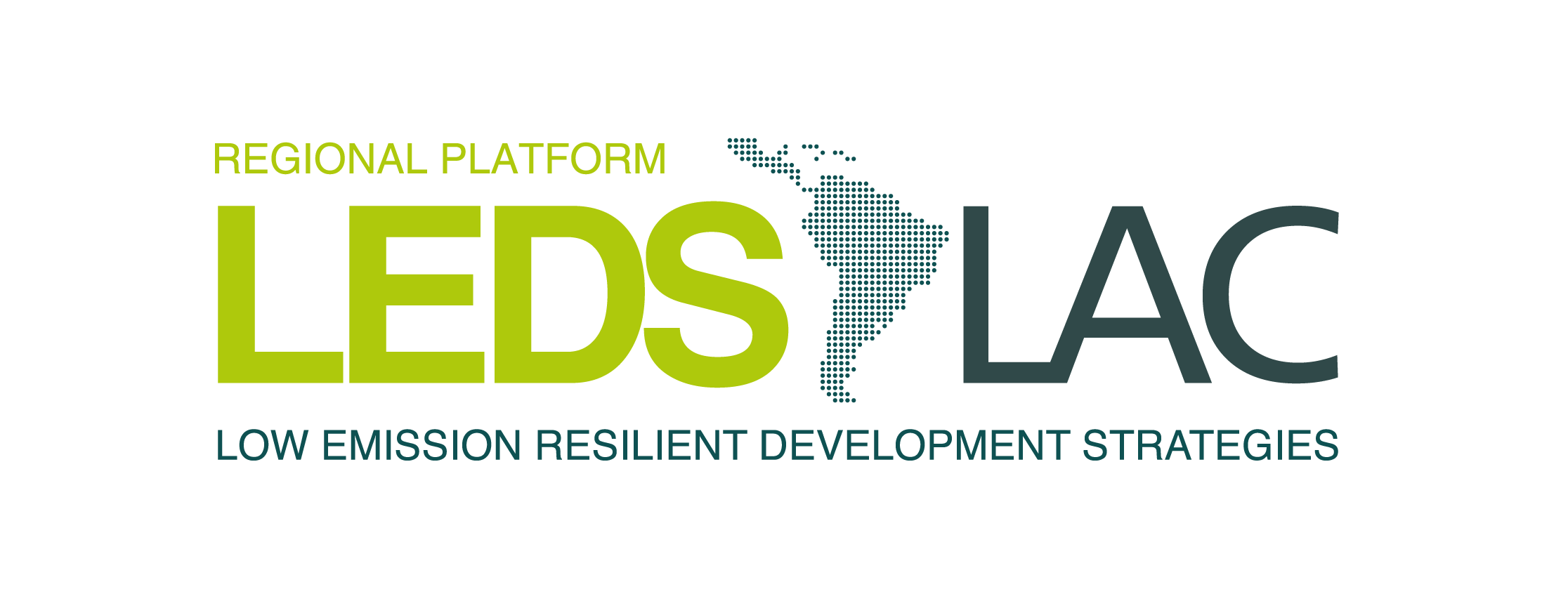VIDEO
[/fusion_text][/fusion_builder_column][fusion_builder_column type="1_1″ background_position="left top" background_color="" border_size="" border_color="" border_style="solid" spacing="yes" background_image="" background_repeat="no-repeat" padding="" margin_top="0px" margin_bottom="0px" class="" id="" animation_type="" animation_speed="0.3″ animation_direction="left" hide_on_mobile="no" center_content="no" min_height="none"][fusion_youtube id="https://youtu.be/ZVXu5I_Y3yw" width="600″ height="350″ autoplay="no" api_params="" class=""/][/fusion_builder_column][fusion_builder_column type="1_1″ background_position="left top" background_color="" border_size="" border_color="" border_style="solid" spacing="yes" background_image="" background_repeat="no-repeat" padding="" margin_top="0px" margin_bottom="0px" class="" id="" animation_type="" animation_speed="0.3″ animation_direction="left" hide_on_mobile="no" center_content="no" min_height="none"][fusion_checklist icon="fa-check" iconcolor="#97bc3a" circle="no" circlecolor="" size="13px" size="13px" class="" id=""][fusion_li_item icon="fa-calendar"]
Date: Wednesday, March 11[/fusion_li_item][fusion_li_item icon="fa-clock-o"]
Time: 9:00-11:00 (GMT-6)[/fusion_li_item][/fusion_checklist][fusion_text]
About the Webinar
There are two major drivers that will continue to increase complexity of urban logistics networks. First, urbanization is progressing at a high pace. While in 1950 only 54.5% of the population in developed countries was to be found in urban areas, this number had risen to 77.7% by 2011 and is projected to reach 85.9% by 2050. Moreover, 25% of the world population and almost 60% of the world's gross domestic product (GDP) will be found in the world's 600 largest cities by 2025.
Second, urban consumers continue to choose fragmented retail channels. On one end of the spectrum, there are nanostores, small neighborhood stores that exhibit longt-term resilience. On the other end of the spectrum, the growth of Internet and mobile phone based electronic commerce is triggering a huge amount of direct shipments from manufacturers and retailers to individuals.
The webinar will review the impact that these trends have in the future or urban logistics, including examples of successful strategies and long-term solutions required both in the private and public sectors. A case study of Madrid will be presented.
Webinar Materials
Introduction. Rodrigo Rodríguez Tornquist. Executive Director of SUSTENTAR Association, and co- coordinator of the transport working group of the LEDS LAC Platform.
Designing better logistics for cities and better cities for logistics: a global perspective. Edgar E. Blanco. Executive Director of the MIT SCALE Latin America Program, Massachusetts Institute of Technology (MIT). Download the presentation here
Case study: Cross-sectoral collaboration for the improvement of urban logistics in Madrid city. Eva Ponce, PhD. Associate Professor, Massachusetts Institute of Technology. Download the presentation here
About the speakers
Edgar E. Blanco. Executive Director of the MIT SCALE Latin America Program, Massachusetts Institute of Technology (MIT).
Dr. Edgar Blanco is a Research Director at the MIT Center for Transportation & Logistics and is the Executive Director of the MIT SCALE Network in Latin America. He has over sixteen years of experience in designing and improving logistics and supply chain systems.
Dr. Blanco is widely recognized as an expert on carbon footprint assessments of global supply chains and models of environmental impacts of freight transportation and logistics activities. His work on carbon-efficient supply chain balances theoretical and applied work, which has allowed him to establish strong working relationships within academia, as well as with industry practitioners, governments and NGOs. Dr. Blanco co-led the Leaders in Environmental Assessment and Performance (LEAP) research group at MIT.
Dr. Blanco is also the founder and director of the MIT Megacity Logistics Lab, a pioneering initiative in the field of urban logistics. He received his Ph.D. from the School of Industrial and Systems Engineering at the Georgia Institute of Technology. His educational background includes a B.S. and M.S. in Industrial Engineering from Universidad de los Andes (Bogotá, Colombia) and a M.S. in Operations Research from the Georgia Institute of Technology.
Eva Ponce, PhD. Associate Professor, Massachusetts Institute of Technology.
Eva Ponce is a Visiting Professor at the MIT Center for Transportation & Logistics during the academic year 2014/15. Her current research focus is the design of distribution models for last mile deliveries (urban logistics). She also leads research initiatives on Reverse Logistics and Closed-Loop Supply Chains.
Dr. Ponce is on a sabbatical leave from her regular position as an Associate Professor of Supply Chain Management and Logistics in the School of Industrial Engineering at Universidad Politécnica de Madrid (UPM) in Spain. There, she leads the Research Group on Industrial Engineering and Logistics.
Dr. Ponce received her PhD in Industrial Engineering from Carlos III University of Madrid in 2002. Her dissertation has received two awards with special distinction in the Spanish context. She has an active publication record, including journal papers, conference proceedings and refereed abstracts.
The webinar was in Spanish.[/fusion_text][/fusion_builder_column][/fusion_builder_row][/fusion_builder_container].
